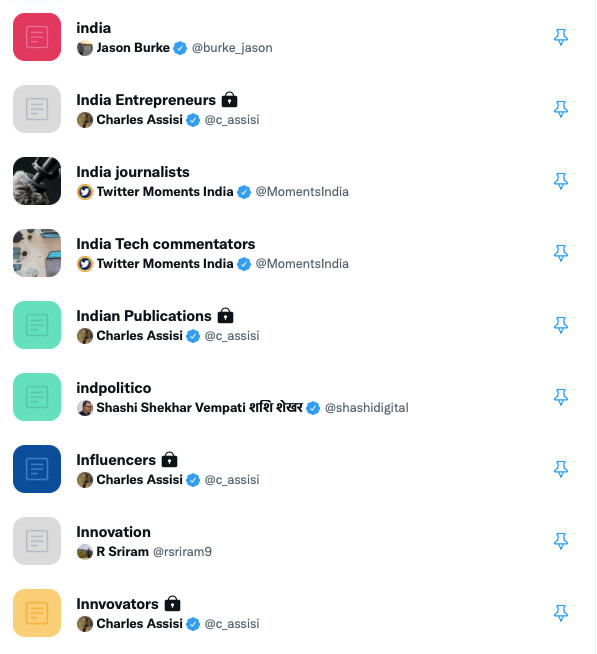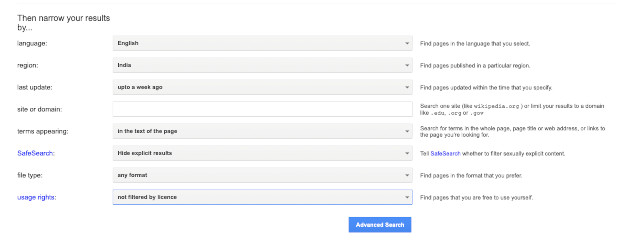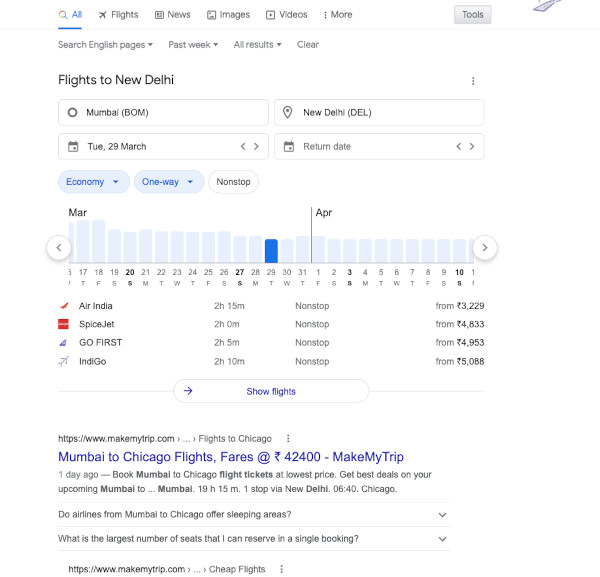[From Unsplash]
Good morning,
Our observations have it that in recent times, Google isn’t yielding optimum results. And why not? Because of Google’s business model. More than 80% of Alphabet’s revenues (Google’s parent company) comes from AdSense. In 2021, advertising generated $147 billion for the company. These ads show up as the top results each time a user looks something up. For example, type flight tickets from Mumbai to Delhi, and something like this may show up.

While they are clearly labelled as ads, to average users, the difference may not be immediately obvious.
What makes the search experience on Google worse still is the very lucrative business of search engine optimisation (SEO). An entire breed of consultants has emerged over the years. Their job is to figure out strategies so their clients show up first when people search. Some estimates have it that this industry billed clients $50 billion last year and is still growing at over 8% each year. Inevitably, most users are at the losing end. Because what you are searching for may not be what you find.
If all this isn’t enough, Alphabet has been hard at work to make these ads visible across all its properties that most of us now take for granted and use all the time. Each time the free version of Gmail is used or the plain vanilla version of YouTube, algorithms work at the backend to learn more about how we behave and serve tailored ads.
This is why savvier people are hedging their bets and are keeping a close look at other options, without giving up on Google. These include search engines such as DuckDuckGo, social media networks like Reddit that have been around for a long while, and figuring out ways to use Google mindfully. Let’s look at each of these.
DuckDuckGo
DuckDuckGo, or DDG as it is popularly called, has been around since 2008. It was thought up as an alternative to Google by Gabriel Weinberg. What started as a one-man operation is now a medium-sized enterprise with about 150 people working on it.
While DDG hasn’t displaced Google, the geeks in our team were among the early adopters and have watched it evolve with much interest. Like Google, DDG too sustains itself by serving ads. The difference, however, is that unlike Google, DDG does not insist users create a profile. And therefore, DDG does not target users with personalized ads or content. This works for DDG and against it. That is why we don’t recommend ditching Google totally. How to use it mindfully is something we’ll come to a little later.
Most users have gotten used to the tailored experience that Google offers. Each time someone searches, the algorithms make note of what they click on. These ‘learnings’ allow the algorithms to predict a user’s likes, dislikes, or what they may do next. That is how over time, Google creates a ‘personalized’ experience. While this is a great idea and when used right can show up good content, there are two downsides.
The first is that over time, personalization of this kind ends up locking users into echo chambers. If the algorithms have figured a user is biased towards certain kinds of content, it shows up only that. All else gets relegated to the background. The second is that this allows the company to target users with ‘relevant ads’.
This is where DDG scores. Because the search engine does not insist users create profiles nor does it store search history, the algorithms that power DDG’s search engine throw up what they think are the most relevant results. While this is ideal, the downside is that DDG’s engine hasn’t evolved to the level of sophistication that Google has when it comes to trawling the web. So, there’s a good chance that some results that may show up only on Google won’t show up on DDG.
While this is a good reason many users may not want to use DDG, we are unwilling to give up on it. We are witnessing its capabilities go up. For instance, last year, it unveiled an email service, but with a tweak. It is built to behave as an email forwarding service. So, when somebody sends an email to yourname@duck.com, the service strips the email of all trackers and ads that may be embedded in it before forwarding it to you.
Why? Because most free services such as Gmail are monetized by selling ads.
Social media
Then there is social media that appears to have earned a bad reputation. But it need not be that way.
Take the much overlooked Reddit, for instance, which isn’t very popular in India. One of our friends, the Bengaluru-based Karunakar Raykar, a UX designer, has given up on the mainstream media for over 14 years now and consumes most of his content off this platform. His case for staying glued to Reddit is straightforward.
This place has been around for about 15 years now and it isn’t powered by algorithms. There are volunteers who moderate the content posted here. What draws him to the place is a heady cocktail that combines serendipity and his interests.
Raykar, for instance, is interested in design, technology, current affairs and just stumbling upon things that may otherwise not have occurred to him. And he taps into communities, called subreddits, that focus on these. He shared a few links to some of his favourites with us.
On looking at some of these, we could get what he meant.
Consider this question from the investing thread that people are debating in much detail: “How the hell does Uber lose so much money? I’m writing this post as I am walking somewhere and I have not had time to look through their statements, but how the hell do they lose so much money?
“They don't have employee drivers, no vehicle fleets, drivers are paid when they complete a fare.
“Are there just too many extraordinary costs? Incidents? Legal Liabilities? This is a fascinating case because I remember years back people begging for an IPO, and they've proven quarter after quarter that their business just absolutely sucks. I don't even know how they stay afloat with negative cash from operations.”
The question hits all the right notes. And the answers streaming in offer interesting pointers on how to think about such companies. What escapes the scrutiny of most people is the cost of technology these new age entities must incur. But these narratives don’t make it to the mainstream media. And the reason people such as Raykar are hooked on Reddit is because the questions that come up and the answers that emerge offer early indicators of which way the winds are blowing.
Having said that, he points out that over time, he has observed that there is a left-leaning bias in the answers. That is why he looks at places such as Twitter as well to stay abreast.
Our experience with Twitter, however, has it that the place has gotten noisy and most trends are manufactured. But when used right, Twitter can be used like a curated newspaper. Our favourite hack to do that is to create lists around themes that interest you and follow lists created by other people. It takes a while to do it. But once in place, you can safely ignore what’s “Trending” and access the voices of people that matter. Our colleague Charles Assisi uses these lists extensively. He says it keeps him sane.

To google or not to google?
Are we suggesting giving up on Google? No. All we’re arguing is that it be used more mindfully. Because like we argued earlier, there is no taking away from the fact that this search engine is still the most powerful one. What we’re trying to escape is the personalised feeds it offers and the echo chambers it creates. Just how are we supposed to do that?
1. Supplement DDG with Google. But search anonymously. To do that, sign out of your account on your internet browser.
2. Fine-tune your search. There are some tried and tested methods that continue to work and were documented most recently on TechRepublic.
To place that in perspective, take a look at what happens to the search experience when these are turned on. Remember we tried to look up flight tickets from Mumbai to Delhi and the first thing that greeted us were ads?
But let’s begin by applying some filters. This can be done by going to “Settings” on Google’s home page.

The outcome is significantly better, minus the ads.

3. Create multiple Google user IDs. For example, one user account can be used to subscribe to newsletters, another for looking up videos on YouTube and yet another to search for books on Amazon. That way, your search history doesn’t get locked into one profile and you don’t get a customised feed and eventually an echo chamber.
4. Bypass Google’s ad-optimised algorithms and SEO hackers even while using Google by appending the url of your favourite platform to your search term. For example, site: stackoverflow.com or site: reddit.com
5. Every once a while, clear the search history on your browser.
6. And finally, if Chrome is your primary browser to access the internet, consider switching to Firefox. Chrome is built by Google and you don’t want that as your primary gateway to the internet, do you?
If there is one concern we have now, it is this. Will Google’s algorithms suppress this piece because the pointers here are all about how to subvert the Google ecosystem?


